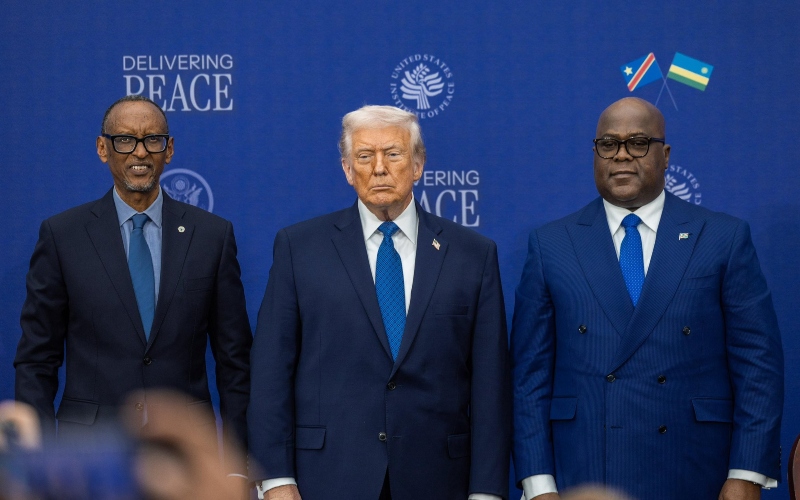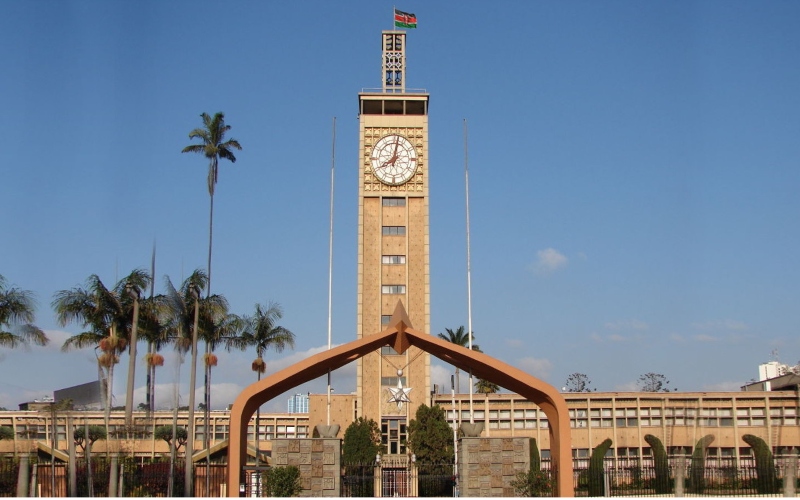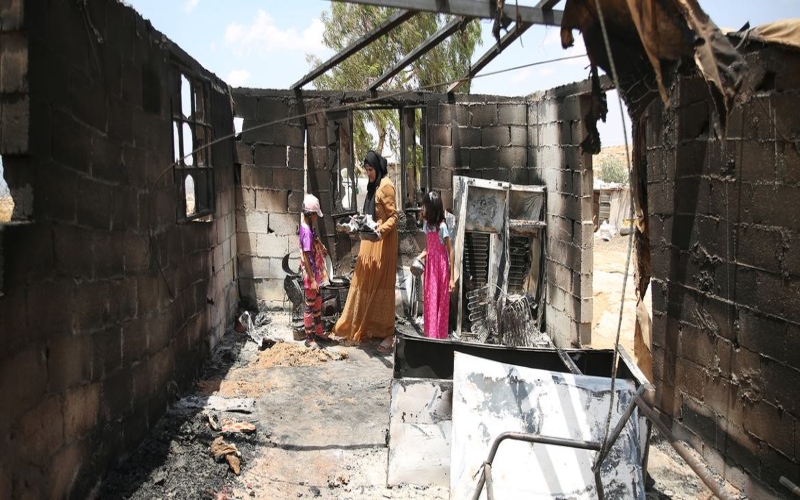Measles cases rose 79 per cent globally last year: WHO

WHO technical adviser Natasha Crowcroft says more than half of all countries globally are currently believed to be at high risk of measles outbreaks by the end of the year.
The World Health Organization (WHO) voiced alarm Tuesday at the rapid spread of measles, with more than 306,000 cases reported worldwide last year -- a 79-per cent increase from 2022.
"We in the measles world are extremely concerned," said Natasha Crowcroft, a WHO technical adviser on measles and rubella.
More To Read
- Malaria fight at risk as drug resistance spreads despite new tools saving millions
- Malindi measles resurgence linked to low vaccination rates
- 15.6 million children vaccinated against measles-rubella and typhoid
- Measles and rubella rebound amid dropping vaccination rates
- Mongolia's confirmed measles cases exceeds 10,000
- African women at higher risk of pre-eclampsia – a dangerous pregnancy complication
She stressed though that measles cases are typically dramatically under-reported, and that the real number was surely far higher.
To get more accurate figures, the UN health agency models the numbers each year, with its latest estimate indicating that there were 9.2 million cases and 136,216 measles deaths in 2022.
Such modelling has not yet been done for last year, but Crowcroft pointed out that 2022 had already seen a 43-per cent jump in deaths from the year before.
Given the ballooning case numbers, "we would anticipate an increase in deaths in 2023 as well", she told journalists in Geneva, via video link from Cairo.
"This year is going to be very challenging."
She warned that more than half of all countries globally are currently believed to be at high risk of measles outbreaks by the end of the year.
And some 142 million children are estimated to be susceptible to falling ill.
Measles is a highly contagious disease caused by a virus that attacks mainly children. The most serious complications include blindness, brain swelling, diarrhoea, and severe respiratory infections.
A major cause of the swelling numbers is the "backsliding immunisation coverage", Crowcroft said.
At least 95 per cent of children need to be fully vaccinated against the disease in a locality to prevent outbreaks, but global vaccination rates have slipped to 83 per cent.
There is a great deal of inequity in the distribution of cases, and even more so when it comes to deaths.
Crowcroft pointed out that 92 percent of all children who die from measles live among less than a quarter of the global population, mainly in very low-income countries.
Story by AFP
Top Stories Today












































